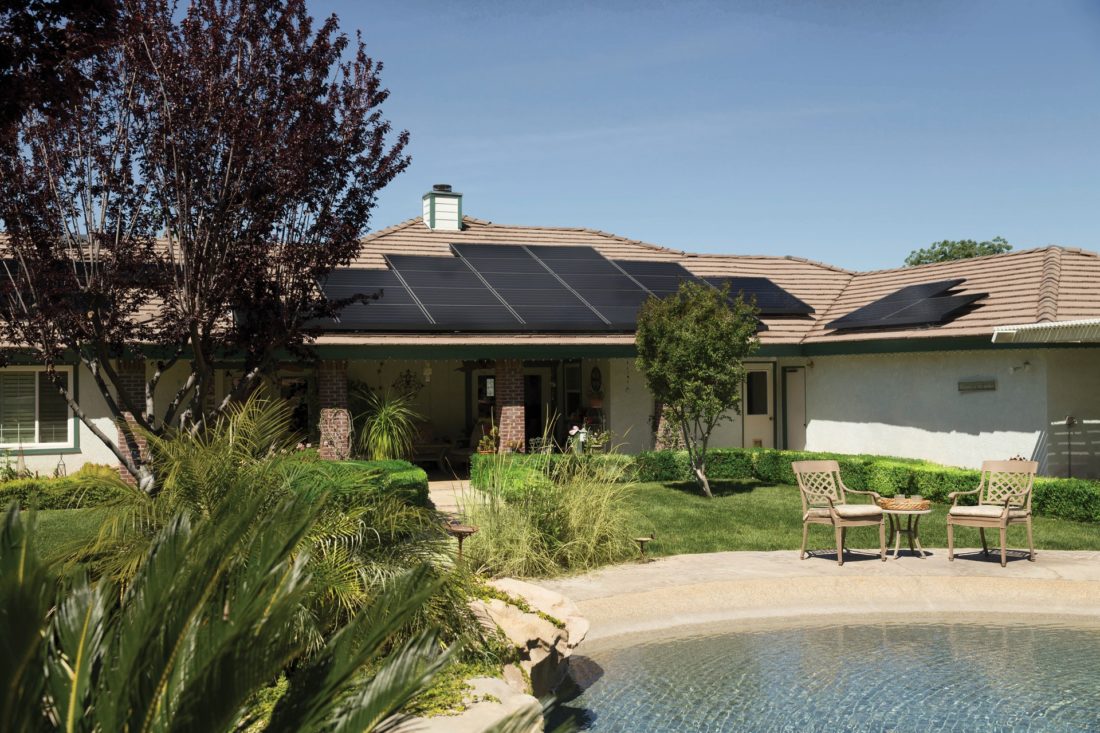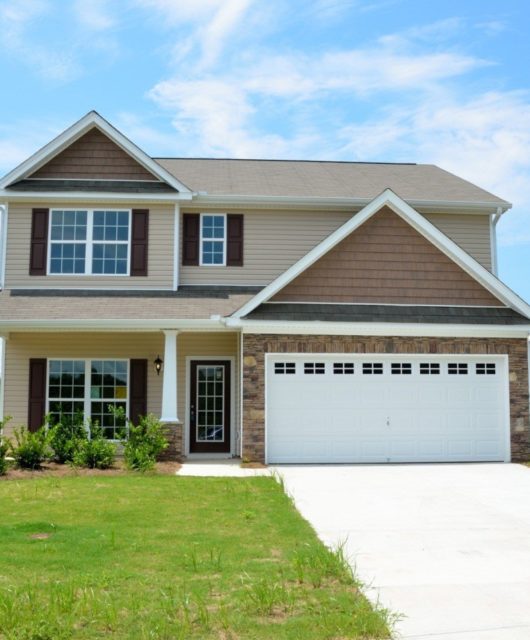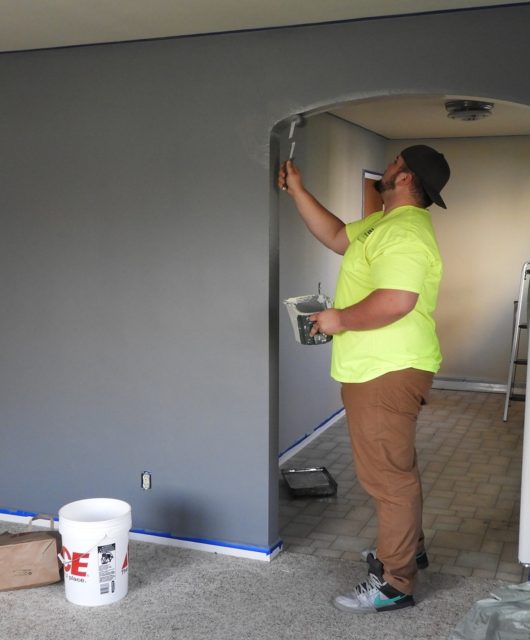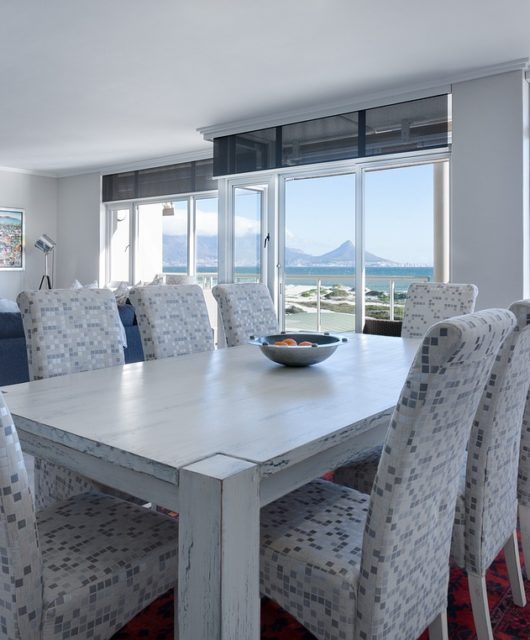4 Essential Considerations Before You Install Solar Panels
 Over the last decade, solar power has become almost commonplace. It’s a great way to reduce your carbon footprint while lowering your utility bills.
Over the last decade, solar power has become almost commonplace. It’s a great way to reduce your carbon footprint while lowering your utility bills.
But it’s not ideal for everyone. There are a few critical matters to consider before you rush to install solar panels. Start by doing thorough research.
You might read frequently asked questions and other informational guides that discuss the pluses and minuses of solar power generators. As you research, take in-depth notes relating to the following considerations.
1. Where You Live
Although solar panels can be used efficiently in any geographical area, they work best in regions that enjoy many days of sunlight. For example, solar panels in sunny southern California will be far more worthwhile than in Washington State where the skies are overcast more days than they’re sunny.
In addition, study the way your home is situated. According to Julia Layton of HowStuffWorks.com, installing solar panels on a home that’s shadowed by tall trees during the sunniest parts of the day will render the panels virtually useless.
“Different types of panels react differently to shade,” Layton writes. “While a poly-crystalline panel will substantially reduce its output if any part of the panel is shaded, a mono-crystalline panel will stop producing electricity entirely.”
The bottom line: Make sure your solar panels will be receiving optimum sunlight in the location of your choice.
2. Where to Buy
It’s not easy to know for certain that you’re dealing with a trustworthy solar panel contractor, but if you’ve done proper research, you’re less likely to have a bad experience. Not all contractors will do a thorough job; some will leave you in the lurch with the project half done and your money deposited.
“You wouldn’t hire an electrician who had never done electrical work to come into your house and change things around,” says Kelly Larson, a contractor in California who has been installing solar panels for two decades. She urges property owners who are looking for a solid contractor to check credentials and references.A good solar panel specialist will have accreditation from the North American Board of Certified Energy Practitioners (NABCEP), Larson says. Once you’ve located a certified contractor, ask for references and check them.
You’ll learn a lot about the quality of service, attitude, and craftsmanship of a contractor from the references.
3. Efficiency Levels
The level of efficiency in solar paneling depends on many factors, including the coverage area, insolation rating, shade, and sun exposure. Research the module efficiency of a solar panel to choose the best one for your purposes.
Some of the options you’ll likely encounter are:
- Monocrystalline: These are the most efficient for homeowners and use top-purity silicon. They’re understandably the most expensive to install.
- Polycrystalline Silicon: These are less efficient than monocrystalline, but depending on the location, the difference can be small. They’re a middle-range expense.
- Thin-Film: These are the most affordable version of solar panels, but they’re much less efficient. They also take up considerably more space than the other types, which often makes them unsuitable for residential neighborhoods.
The locale in which you hope to install solar panels will influence the type of panel you require for optimum efficiency. In sunny regions, polycrystalline silicon panels are comparable to monocrystalline in efficiency, but in overcast regions, the monocrystalline panels are noticeably better.
4. Maintenance Costs
Solar panels are expensive to install and maintain, which is what often deters many home and business owners from choosing to install them. Over time, the investment typically pays for itself, but you must be clear about the maintenance costs in order to make it a solid investment.
Fortunately, a full solar system requires little maintenance, according to an article from EnergyInformative.gov. The panels are well-built and designed to take care of themselves.
“However, cleaning the solar panels on a regular basis is recommended,” the article says. “Dust and dirt will affect the efficiency of solar panels if not taken care of.”
Cheaper solar panels also require more maintenance than top-of-the-line ones. Ask your installer for an estimate of installation and maintenance costs to ensure you get the big picture on your investment.









